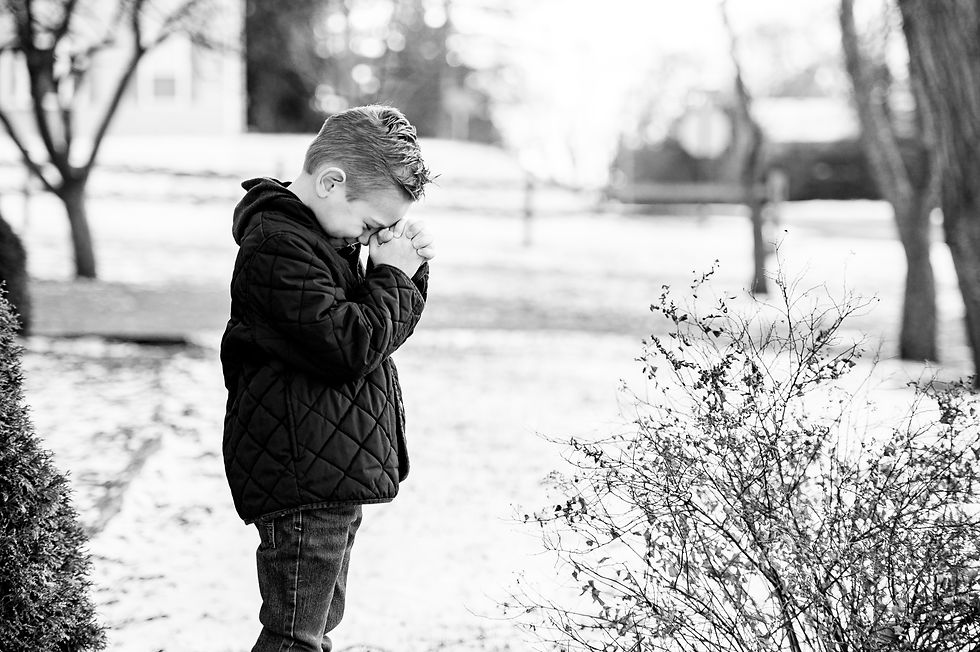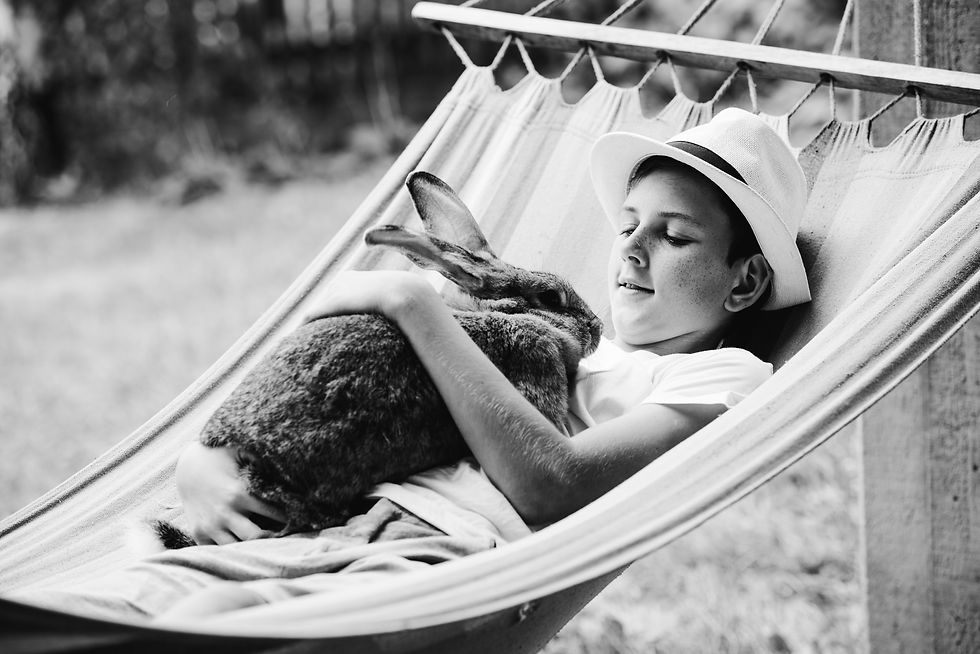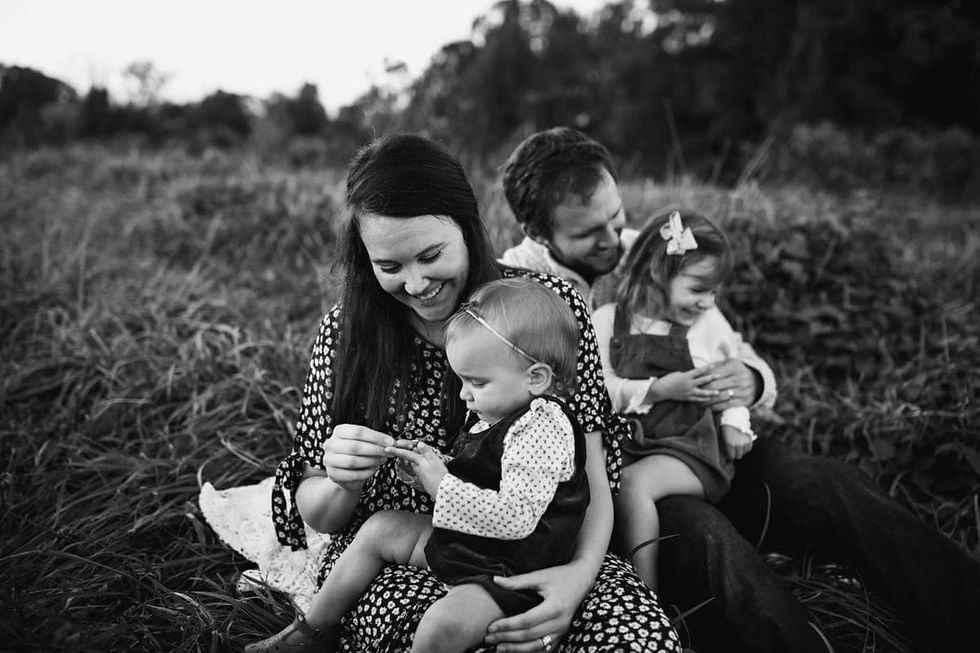How Early Childhood Experiences Shape Our Adult Relationships
- letsfindcalm

- Jun 12, 2025
- 2 min read
Many adults find themselves stuck in painful relationship patterns - feeling unseen, misunderstood, or emotionally reactive - without fully understanding why. Often, the roots of these challenges can be traced back to early childhood experiences, particularly neglect, unmet emotional needs, or trauma.

When we're young, we absorb not just love and care, but also the absence of those things. We form our sense of self, safety, and worth through repeated interactions with our caregivers. If we were neglected - emotionally or physically - we often internalise messages like “I don’t matter,” “My needs are too much,” or “I have to earn love.”

These become what we call introjected values and core beliefs, quietly guiding how we view ourselves and others well into adulthood. These early imprints heavily influence our attachment style - whether we feel secure, avoidant, anxious, or disorganised in close relationships. They shape how we respond to intimacy, conflict, and vulnerability.

You may find yourself shutting down in arguments, fearing abandonment, or constantly trying to please others at your own expense. These aren’t flaws - they’re survival strategies from long ago. In my work as an integrative counsellor and psychotherapist, I help clients safely explore these patterns and where they began.

Using approaches such as Inner Child Therapy, Internal Family Systems (IFS), and attachment-based psychotherapy, we work together to reconnect with the parts of you that were neglected or misunderstood. We identify outdated beliefs that no longer serve you, and begin the process of gently updating them.

If you're ready to explore how early experiences might still be shaping your life and relationships, I'm here to support you.
Visit us here to learn more or to book a confidential session.





Comments